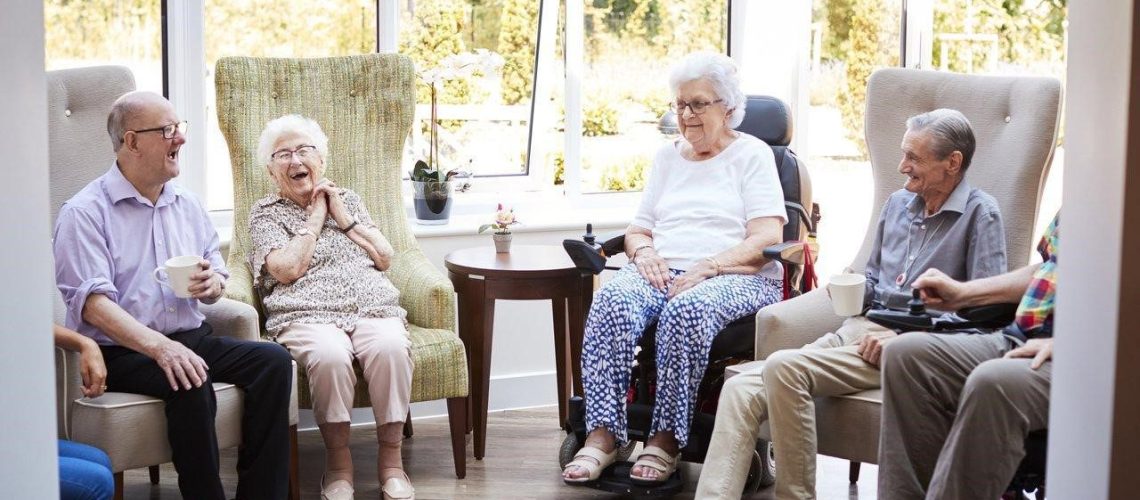Have you recently been faced with a decision to move a loved one to an assisted living facility or to enlist the services of an in-home care company? If so, it’s not uncommon to have feelings of guilt or to question your decision. People facing this decision often find themselves wondering if they are doing the right thing.
What is guilt?
According to Webster, guilt is a sense of having done wrong or deserving blame. Guilt is valid when it is triggered by genuine wrongdoing, but we often feel guilty for imagined offenses or from a sense of personal inadequacy. The word by itself may bring a feeling of shame. So, start by asking yourself if what you are doing is actually bad for the person you are trying to help, or motivated by selfishness or malice. If what you doing is not genuinely wrong, you may need to consider that you are doing the best you can in a difficult situation.
Find peace
Change is difficult for everyone. It can be challenging to see our loved ones grieving their loss of independence or balking at making a necessary change. We may even find ourselves on the receiving end of an intentional “guilt trip.” It can be helpful to focus your intention, remembering that you are not being selfish, but are doing the best thing for your loved one. When facing a difficult decision, there may be no easy answer, but you must find peace with the conclusion that you make.
Share the decision
The best way to avoid the feeling of guilt is to encourage your loved one to be involved in the decision and to maintain some control over the situation. Weigh the options together, if possible, and then make a well-informed decision. Aging can bring feelings of losing control of one’s life. It’s painful to realize that you cannot care for yourself independently, so be empathetic when discussing the impending change, and allow your loved one to express feelings of fear or anxiety. Offer your loved one some choices, or suggest a trial period, if practical. Sharing the decision will make you both feel better.
Be proactive
Encourage your loved one to think about care options before a fall or sudden change in health forces a decision. Talk about the pros and cons of home care and assisted living communities before the need arises. That way, you will have a real feeling for what your loved one would want in the event more care is needed than you can provide on your own. It’s common for some older adults to resist receiving care from “strangers” or to make unreasonable demands on close family members. Remember that you are doing your best to meet your loved one’s needs.
Look on the bright side
Focus on the benefits of the proposed change, whether it involves moving into assisted living or hiring in-home help. Peace of mind is a big one —you know that your loved one will be well cared for, and they can enjoy a more relaxed lifestyle, with meals, housekeeping, and laundry provided for them, allowing more time for enjoyable activities like reading, puzzles, or social interaction.
Remember, your genuine concern for your loved one’s well-being is what motivates your decision. Keep the lines of communication open and talk honestly about your feelings. Realize, however, that if you are doing your best to provide your loved one with quality care, guilt is not an appropriate reaction. Take comfort in knowing that you are doing what is best for your loved one’s well-being and your own.

